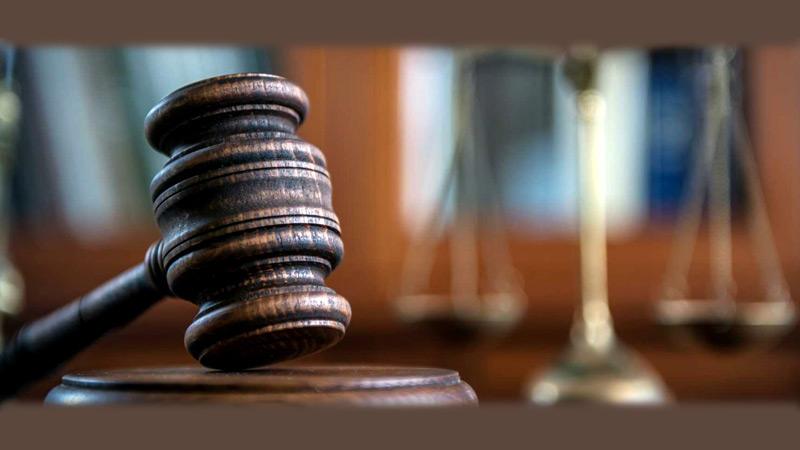
Citizenship sums up the relationship between the individual and the nation state. A nation is only as healthy as its individual citizenship. Each member of a nation is compelled to perform a duty or, in other words have an obligation to be good citizens. Important criteria such as personal qualities, patriotism, individual productivity, participation in the nation’s political life are expected by the country from every individual in the society.
The Cambridge English Dictionary defines ‘a civilised society or country as one with a well developed system of government, culture, and way of life that treats the people who live there fairly: A fair justice system is a fundamental part of a civilised society’. The objective of this article is to examine to what extent Sri Lanka has fulfilled this criteria.
People at large lost self respect and dignity due to the decades of competition created by aggressive neoliberalism in which only how much money the society or the person makes was of importance, ignoring moral factors such as trust, intelligence, empathy or wisdom.
Law is equal to all, and equality before the law is a universally accepted principle. The guarantee of equality of law is confirmed to every citizen and is affirmed by the Constitution of many countries, including our own. President Gotabaya Rajapaksa, in his manifesto clearly states that ‘For a law abiding and fair society, the legal system in a country is the foundation of a civilised society and it should operate to ensure the well-being of its people.’
It is reassuring to see that fairness is back on the political agenda. Up to now, there were only two sets of questions across which political plans were made. First, about how to keep the economy booming and how the citizenry can have a good life.
Secondly, what the electorate would vote for, and how political parties should position themselves in order to remain or become electable. Even though this notion seems unreasonable, it is the bitter truth.
A pertinent question here is whether the discipline of the Sri Lankan public has improved or declined since the country’s independence seven decades ago. The simple answer is nay. A time span of 72 years is more than adequate to achieve any goal. Successive Governments, usually through their election manifestos, promised a developed, disciplined, law abiding country, lucrative national agendas, and so forth.
Although a silver lining is visible in the new President’s vision, the general public is still in a dilemma whether the political system will allow him to forge ahead. However, it is a consolation to perceive that the President has abundant courage to rebuff any resistance. In public opinion, equality of law has become a farce with everyday stories of politicians and those others in power being given different treatment by the legal system. Even though the trend shows some decline in such acts in the past few months, the common view is that it is not adequate as yet. There were many media reports in the past informing the public that government servants and Police officers were punished with jail sentences for accepting petty bribes. Except for one recent incident where two senior bureaucrats were sentenced, almost all other major financial crimes seem to have been swept under the carpet. Many of these crimes, in the public eye are clearly noticeable as factual.
A widely accepted public belief is that political manipulation and patronage exist behind many major crimes such as money laundering, embezzlement, illegal deforestation, illegal land filing and so forth.
As such, the common citizen notices legal inequality which is a very troubling phenomenon for a nation. This frame of mind can encourage and drive a person to commit crimes by himself. The public view is that Government officials in high positions connive with corrupt politicians and steal public funds.
Although many such incidents were reported recently, nefarious and shameless acts of this nature kept on escalating during the past decade. The recent shocking revelation of spending a staggering 2.8 Billion rupees for luxury vehicles is the best example on how politicians are abusing power and exploiting public funds collected mainly through various direct and indirect taxes. It was also revealed that almost all these Ministries had usable vehicles purchased previously. This is an unforgivable act by politicians, especially at this economically difficult juncture. It is a heinous crime within the limits of the law and the culprits should be brought to book by the people.
It is commonly agreed in society that education is the foundation to build a fair society. Therefore, it is encouraging to note the magnitude of significance given to education in the President’s vision, particularly the attention given to student centric education rather than the existing examination based system. Student centered education paves the way to easily teach moral values from the inception, even from the pre-school stage, without the burden of examinations.
Despite all challenges, the new Government is capable of figuring out what a quality education needs to be and ensure that every Sri Lankan receives it. Most of the public misbehaviour and undisciplined acts can be averted with a well focused and properly designed agenda at the early stages of education.
The Presidential manifesto states that the aim of the concept of rule of law is to build a civilised society. As such, a democratic government should never interfere with the rule of law. It is abundantly clear that a law abiding model citizenship can be created with a proper, fearless and people centric leadership that believes that the concept of rule of law builds a civilised and just society.
